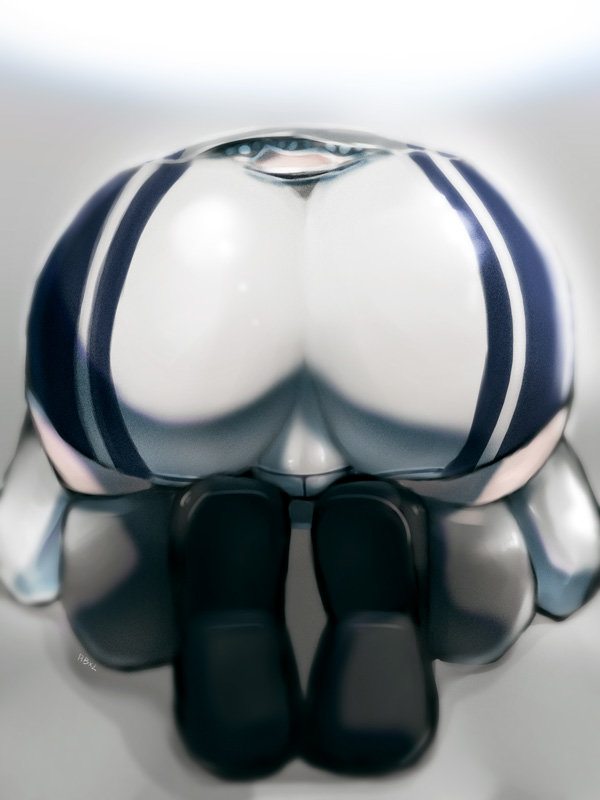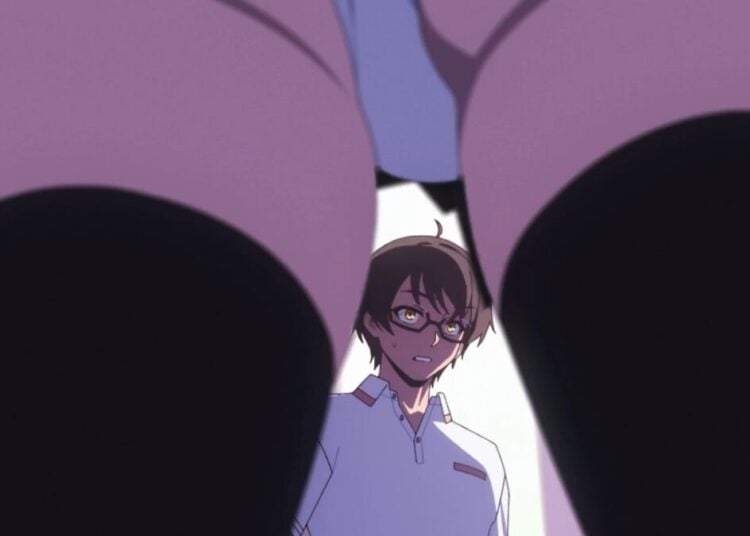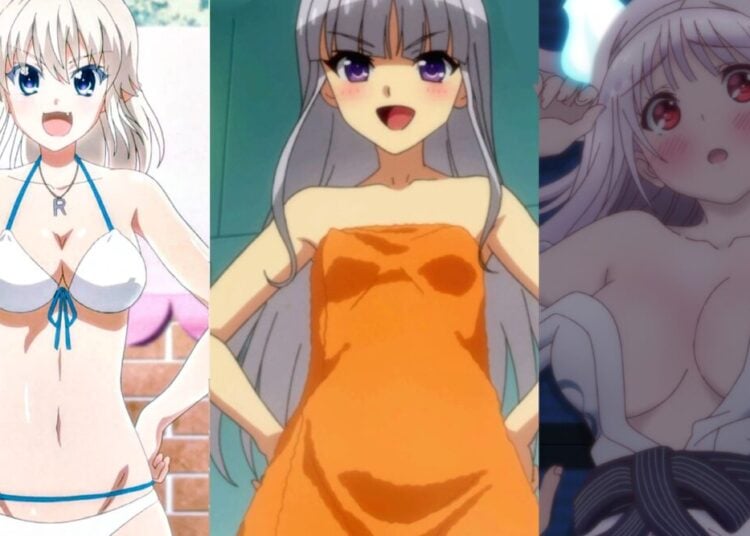One of the more interesting aspects of Japan is the top-down nature of its society, how it’s ostensibly structured in a way that channels more respect to senior individuals in a school or organization, and society in general. When a younger student or junior employee in a company (kohai) sees an older student or senior employee (senpai), he’s expected to greet his senior using a formal salutation like ohayo gozaimasu (good morning), while the senior will reply with the more informal ohayo. In English, I might talk about my brother or my sister without necessarily concerning myself with whether the sibling in question were older or younger than me, but in Japanese these concepts are always split into oniisan / ototo and oneesan / imoto for older and younger brother and sister, respectively. What about twins, you ask? The one to pop out first is the older one, even if it’s only by a few minutes (Kagami, in the case of the Hiiragi twins). My wife loves to watch her kaigai dorama or “overseas drama” like CSI or Drop Dead Diva dubbed into Japanese, and she always sniggers at the informal speech people use when talking with their superiors, which you could never actually do in Japan.

Foreigners need to understand how up/down relationships work when dealing with Japan.














